Parrots are intelligent and curious creatures.
They have the intelligence of a three to five year old child. However, like young children, their inquisitive nature often gets them into trouble. One of the most common reasons for owners presenting their pet parrots to my surgery is heavy metal poisoning. Parrots are attracted to shiny objects such as gold and silver jewellery. However, precious metals, like gold and silver don’t harm the bird. It is other metals such as lead, zinc, copper, aluminium and chrome that are toxic to pet and aviary birds.
Sources of metal within households are many and varied. In aviaries and cages, galvanized wire can be a source of poisoning. Galvanizing requires wire to be coated in zinc to prevent rust. If the zinc is applied unevenly, or blobs form where wires cross over, birds can chew the zinc off the wire. Larger birds can actually bite off and swallow pieces of the wire.
Other common sources of metals within the home can include:-
- Lead light ornaments
- Electrical leads
- Tracks of sliding aluminium window and door frames
- Lead fishing sinkers
- Shotgun pellets
- Lead solder
- Lead paint
- Metal toys
- Christmas decorations
- Lead weights at the bottom of curtains
- Foil from wine bottles
- Batteries
- Bases of light bulbs etc.
The list is endless. If there is metal in the environment and the pet parrot has unsupervised, free-range of the house, it will inevitably be poisoned by chewing on toxic, heavy metals.
Symptoms of metal toxicity vary in accordance to the type of metal ingested, the surface area of the particles and the length of time the metals have been present in the gastro-intestinal tract or bloodstream. The common symptoms that alert me to the possibility of metal poisoning are – green, sticky droppings, excessive drinking then vomiting, depression, convulsions, blood stained urates.
Metal poisoning can be diagnosed by blood tests that measure the lead or zinc levels in the blood and by X-Ray which may show particles of metal in the bird’s stomach.
Birds suffering from heavy metal toxicity require hospitalization and intensive care. Injections of an antidote are required to neutralize the metal salts within the blood stream. The patient must also be stomach tubed several times daily with paraffin oil mixtures to coat the metal particles in the stomach to help them pass from the body. Intensive supportive care is also needed (fluid therapy and crop tube feeding) to ensure the patient’s survival. In cases of acute lead poisoning where the bird is convulsing, sedatives must be administered.
Usually, 90% of birds suffering from metal poisoning recover uneventfully if diagnosed correctly and given the appropriate treatment.
How can you prevent your pet from being poisoned by toxic metals? Firstly, check the wire of bird cages or aviaries. Galvanized wire should be scrubbed with vinegar and a wire brush. Dags of zinc should be physically removed. It is best to use wire that is powder coated or pointed with a non-toxic, water based paint. Powder coated cages are also safest to buy. Wire should be of a heavy enough gauge, ‘chicken wire’. Secondly, pet parrots should never be allowed to have free, unsupervised access to the house. Like small children, everything new goes straight into their mouths. Therefore, like small children, they should be supervised at all times. Try to be aware of the sources of metal within your environment and make your home ‘bird safe’.
© Peter Wilson July 2010
Information supplied by (c) Currumbin Valley Vet Services August 2010
FAQs
Metal toxicity is a serious threat to the health of birds. The symptoms of metal toxicity can be varied and range from mild to life-threatening. Some of the more common symptoms include: lethargy and weakness, gastrointestinal distress, neurological problems and kidney damage. If you suspect that your bird may have been exposed to heavy metals, it is important to seek veterinary care immediately. With prompt treatment, many birds can recover from metal toxicity.
A blood test is often done as this will show if there are high levels of metals such as lead or zinc in the blood. An x-ray can also be performed which may show metal particles in the bird’s stomach. If you are concerned that your bird has been exposed to toxic metals, be sure to do a search for “exotic animal clinic near me” to find a veterinarian who can evaluate your bird for signs of metal toxicity.
There are a few things you can do to prevent metal toxicity in your birds. Avoid using any products that contain lead, zinc, copper, aluminium and chrome – this includes cages, food/water bowls and toys. Don’t allow your bird to chew on metal objects, as they could ingest small pieces of metal. Finally, be sure to get your bird checked by a bird veterinarian on a regular basis.

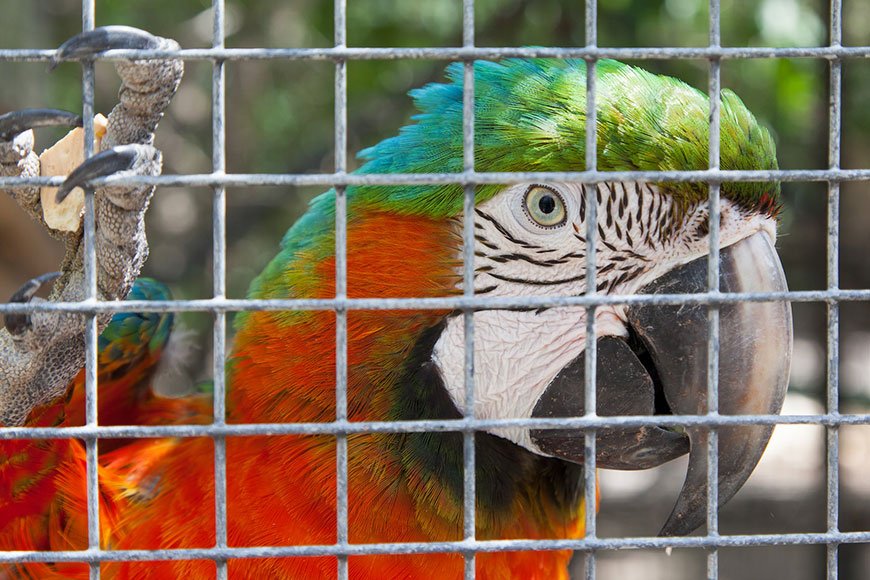
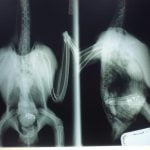
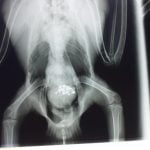
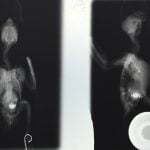
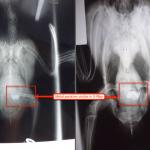
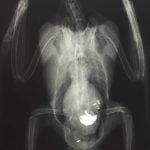
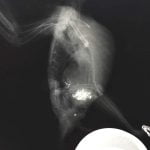
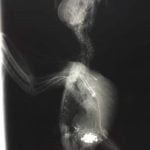
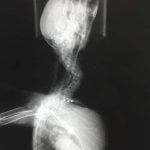
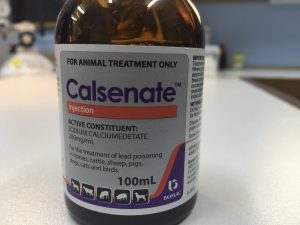
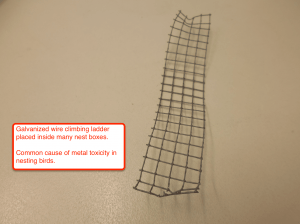

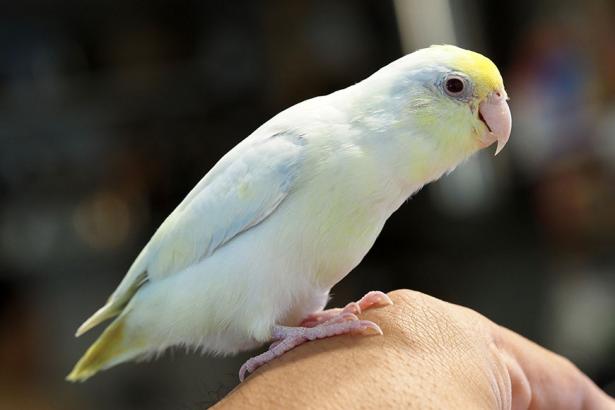
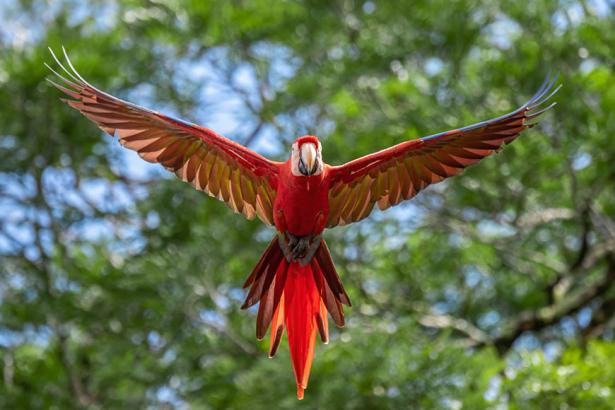
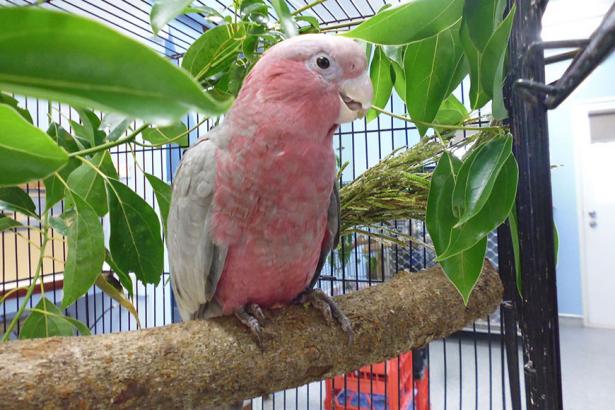
With respect to galvanized outdoor aviaries, after exposure to the weather, it seems the toxic effects are much reduced or eliminated. Linda Plumstead is a Macaw breeder in Perth, Australia and uses only galvanized wire for her outdoor aviaries with no toxic effects on her birds. I also have many breeder friends that also use galvanized metal wire for outdoor aviaries, also with no toxic effects.
This is a huge issue for aviculturists that use this wire for their outdoor aviaries, myself included. It seems that the wire should be tested for actual zinc levels and potential toxicity after the wire has been exposed to outside weather and seasonal changes.
Hi, I would like to know if there is any regulation which establishes the limit of lead contents in galvanized mesh for aviaries?